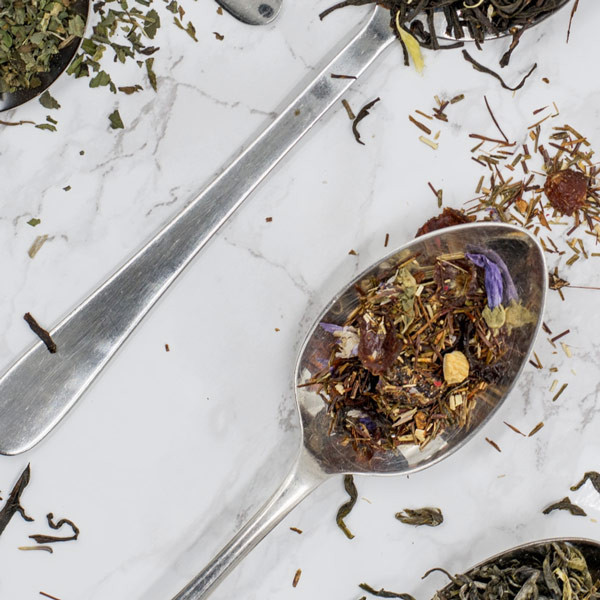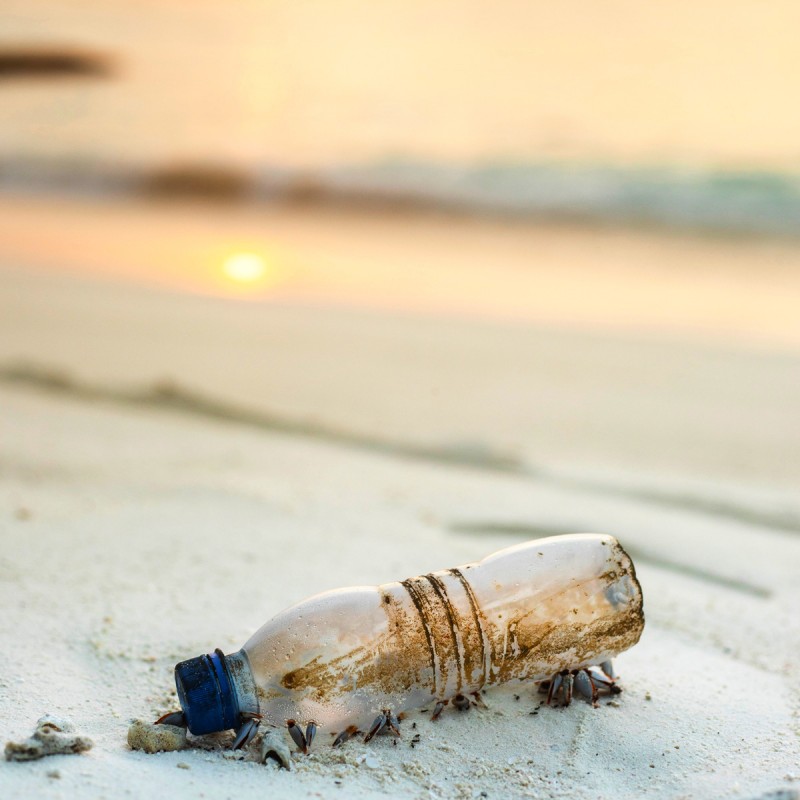It's difficult to pinpoint exactly when my downtime became more akin to a cooped-up sloth than a dog out for a day at the beach. If I had to guess, I'd put my money on around the time Netflix took over my living room. These days my time spent indoors alarmingly outweighs my time spent outdoors. As it turns out, I'm not alone.
Society's disconnect from nature has been looming for decades now. Spending long days in a cubicle under fluorescent lights, staring at a computer screen, only to head home to relax by the luminous blue hues of a television screen is now considered the norm. Likewise, children are increasingly spending their time indoors, with a long list of studies revealing children spend an average of just a few hours outside each week, and a few Aussie parents admitting some days their children don't play outside at all.
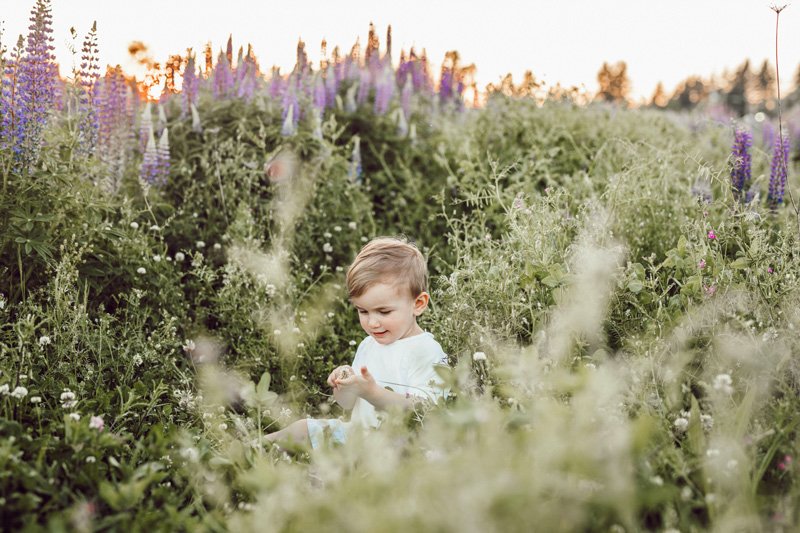
While Australia has always been synonymous with the great outdoors, our overall wellbeing is being affected by the inequity of how, and where, we choose to spend our time. Recognising Aussies now spend a staggering 90% of their time indoors, the Australian Government has raised concerns over indoor air quality and how a lack of fresh air can impact our health.
One implication is nature deficit disorder, a term coined by Richard Louv that’s attributed to the negative effects of spending less time in nature. Louv explains it's a great metaphor to "describe what many of us believe are the human costs of alienation from nature: diminished use of the senses, attention difficulties, higher rates of physical and emotional illnesses, a rising rate of myopia, child and adult obesity, Vitamin D deficiency, and other maladies". And with the United Nations projecting 68% of the world's population will be living in urban areas by 2050, the implication of any negative effects from less time spent in natural surrounds is a very real concern for society today.
How we countermeasure this may just lie in our inherent biophilic tendencies. Mankind's innate affinity to nature could be the glaringly obvious answer to countering the adverse effects of society's compulsion for technology, urbanisation, and chronic busyness, aka: life today.
Nature as therapy
Spending time in nature is a vastly under-utilised 'therapy' in our culture. But the idea is quickly gaining traction in the wellness world, with the Global Wellness Summit predicting 'prescriptions' for spending time in nature will start to take off this year.
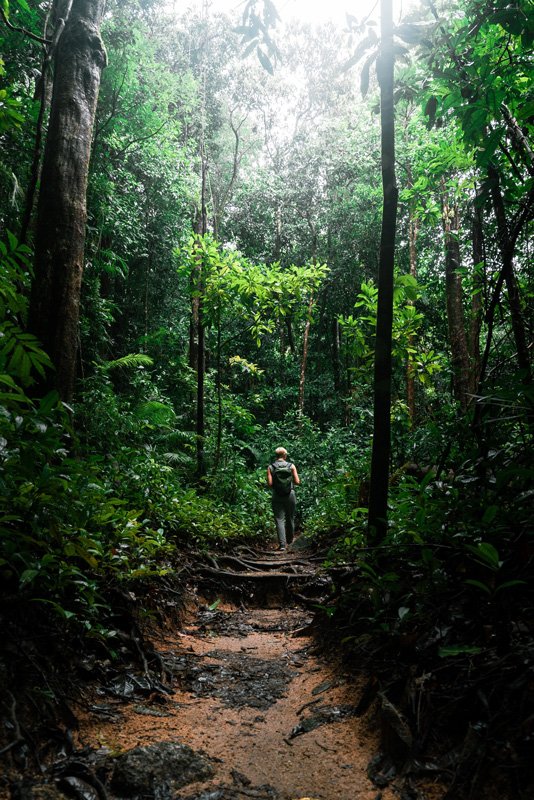
Forest bathing
Japan has been clued-in to the healing benefits of nature for decades now, establishing 'forest bathing' centres around the country in the 1980's as part of their public health program. Despite the deceptive name, forest bathing has nothing to do with donning your birthday suit immersed in a body of water in the woods. Rather, forest bathing calls for you to immerse yourself in nature, with no technology or higher purpose to distract you. The idea is to simply slow down to take in nature with your senses: breathing in the fresh forest scents and recognising what you're smelling, truly hearing the birds chirp and flit between the branches above, noticing the textures, feel, and rhythm of nature. Not only will you experience more of nature, you'll reap the innumerable positive effects nature can have on your health and wellbeing too.

Physiological anthropologist Dr Yoshifumi Miyazaki has been studying the effects of forest bathing for years with promising results. Numerous studies have shown spending time in nature can benefit mental health by influencing rumination, can reduce stress and anxiety, improve immune function, and lower systolic blood pressure among other things. While the exact reason forest bathing can have such a positive impact on our physical and mental health remains unknown, researchers believe it could be attributed to the phytoncides emitted from trees and the mindful nature of the therapy.
The good news is you don't have to travel all the way to Japan to reap the rewards. Accredited forest therapy guides have started to pop up around Australia, taking stressed out and over-teched Aussies back to nature in the wilds of the Blue Mountains, Dandenongs, Brisbane Ranges, and even the Royal Botanical Gardens in Melbourne. Dr Dieter Kotte, an advisor at the International Nature and Forest Therapy Alliance (INFTA), suggests just 3 hours engrossed in nature therapy can have a positive impact for 30 days following a session.
Re-wilding
But if it's a true nature immersion your soul is seeking, re-wilding could be calling your name. More than just a digital detox, re-wilding is a term taken from nature conservancy and applied to humans, taking us back to our ancestral roots and natural state. While re-wilding is more than a short stroll in the woods, it is more understated than building a grass hut in the middle of nowhere to live off the land. It promotes an unhurried existence, removing ourselves from technology and our reliance on it, learning survival skills like foraging, and living in-tune with our natural circadian rhythms. Unsurprisingly, re-wilding boasts similar benefits to forest bathing since its primary ideal is to be with nature.
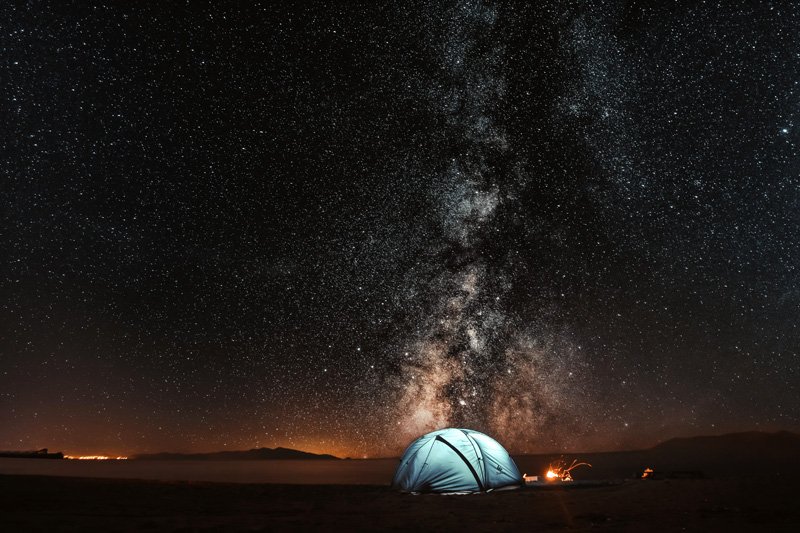
If re-wilding sounds a bit too wild and committing to a 3-hour guided nature therapy session sounds a little much, there are plenty of ways you can get back to nature in your everyday life.
Try these 5 easy ways you can reconnect with nature and restore a little balance to your life.
5 Easy ways to reconnect with nature
Grounding (Earthing)
Let your feet kiss the earth as Buddhist monk Thich Nhat Hahn conveyed in his famous quote, "Walk as if you are kissing the Earth with your feet." and connect with nature in a most basic sense. Walking barefoot can help you reconnect with the earth's energy through its natural electrons, a practise called 'grounding' or 'earthing'. Devotees purport our tech-heavy world can throw off the natural balance of positive vs negative charged electrons. By reconnecting with the earth, we can find equilibrium. So, seek out some grass, dirt, or sand, take off your shoes and go for a walk with nature.

Be awed by nature
Nature is awesome, as every sunrise and sunset can attest. Make an effort to put yourself in the way of beauty and be awed by nature, whether it's witnessing a sunrise or sunset every day, spending time stargazing each night, or travelling somewhere awe-inspiring like the Canadian Rockies or Great Barrier Reef once a year.
Get dirty in the garden
Head outside in your own backyard and get amongst the dirt. Planting or maintaining your own vegetable or herb garden can be both bountiful and soul-satisfying. Be sure not to wear gardening gloves though, the aim is get dirty and connect with nature.
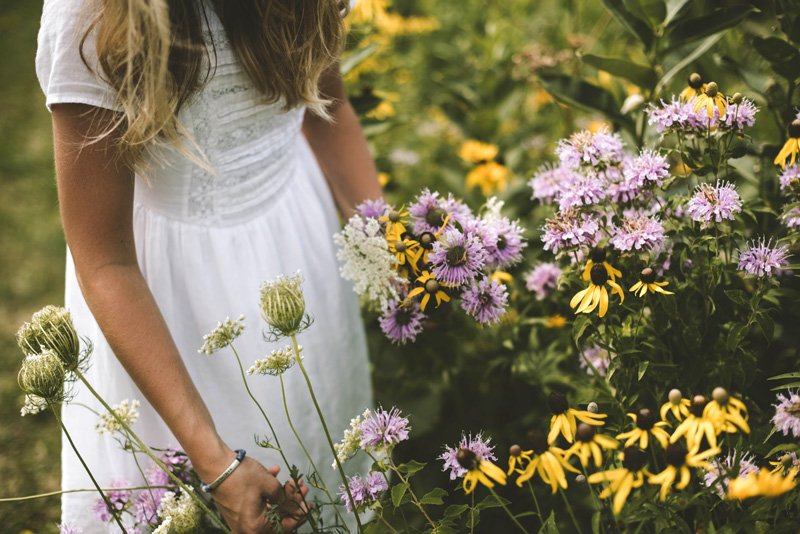
Sync to your natural circadian rhythm
The circadian rhythm is our body's natural schedule, and syncing to our own natural circadian rhythm can actually help us be more in-tune with nature. Rise with the sun and spend time outside first thing in the morning, go camping every now and then to immerse yourself in nature, and reduce your exposure to unnatural light.
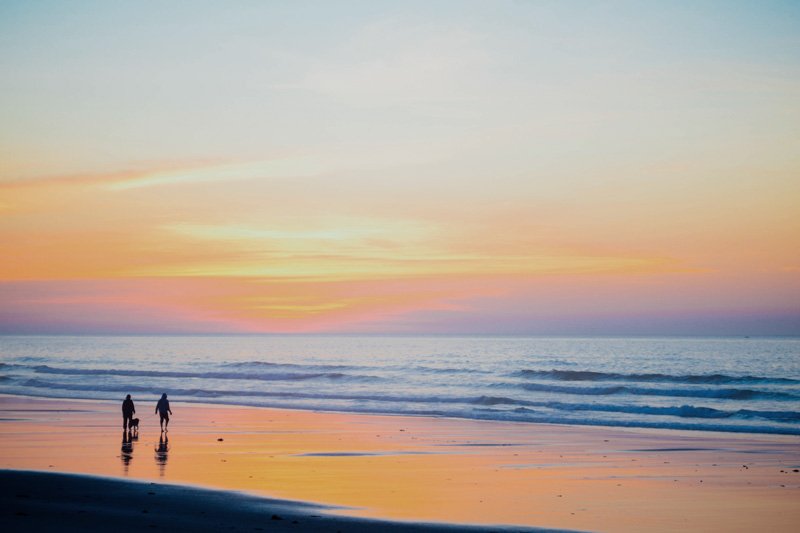
Spend time in nature every day
Buck the indoors trend and spend time outside every day. Breaking the wake-up, go to work, relax with TV, go to bed cycle to spend even a little time in nature can be enough to reap the benefits. Take a walk in the park or on the beach when you get home from work to unwind instead of plonking down in front of the TV, or head outside during your lunch break for a stroll in a green space. Take time to notice nature: the colours, smells, and sounds. And don’t forget to leave all techs at home for even greater health benefits.
How do you disconnect from the every-day with nature?

Love Health?
From recipes, trends and discounts, expect great things via email this month.
More Great Reads!

Behind The Brand: Antipodes
Recipes We Love!

Clever Cookies







